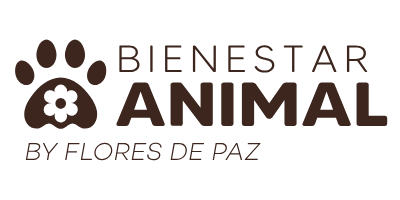Pets? We don't call them pets here. Instead we use pets, names or even children.

If you are a cat or dog lover, you probably know that some companies allow their employees to bring their dogs to work. It's a growing trend that many people enjoy, as it not only improves employee morale and happiness, but also helps reduce stress levels.
However, there is a misconception that these animals are simply "pets". In fact, these furry friends are often thought of as children by their owners. Therefore, we believe that companion animals, and mostly dogs, should not be called "pets."
Many dog owners consider their pets to be their children and treat them as such. They provide them with food, water, shelter, and medical care, just as they would a human child. They also spend time training and socializing their dogs, taking them for walks and giving them lots of love and attention.
For many people, dogs are more than just pets; they are family members. They provide companionship, unconditional love, and loyalty. Dogs are often considered part of the family unit and included in family events, such as vacations and holidays.
In addition to the emotional benefits, having dogs in the workplace has been shown to have a positive impact on productivity and workplace morale. Dogs can help reduce stress levels and increase employee engagement, which can lead to higher job satisfaction and lower turnover rates.
So why shouldn't we refer to these animals as pets? Using the term "pet" implies a sense of ownership and detachment. It suggests that the animal is simply an object or possession, rather than a living, breathing creature with feelings and emotions.
Instead, we should use terms like "companion animals" or "companions" to reflect the relationship many people have with their dogs. These terms recognize the importance of the animal in the life of the owner and the role it plays in the life of the guardian.
In conclusion, dogs are not simply pets for their owners; at least not here. They are family members, peers, and sometimes even co-workers. Therefore, we must avoid using the term "pet" when referring to these animals and instead recognize the important role they play in our lives.
Do you like this content? We will be posting much more of this in videos and tutorials soon! Do you have any questions about your animal? Behaviors? Emotions? Ask us for free! contacto@floresdepaz.cl . We will contact you very soon!
Schedule with our specialist in emotions and behaviors here.
Translation missing: en.sections.ecom-article-5-article.no_comment_kvem908c93t_html








Translation missing: en.sections.ecom-article-5-article.comments_count_text_7tvpqjmzcik_html